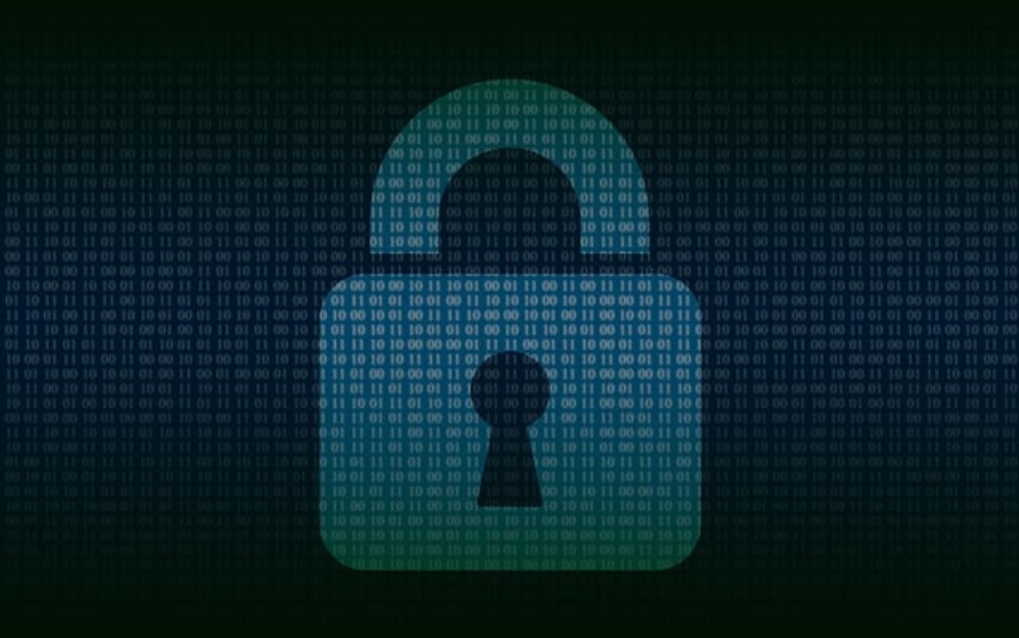
Introduction:
The field of cybersecurity relies heavily on data analytics. Businesses need to preserve sensitive information and guard against cyber attacks more than ever as they become more dependent on digital technologies. This blog will examine data analytics' place in cybersecurity and how it enhances firms' General security.
Cybersecurity prevents unauthorised access, data breaches, and other cyber risks from affecting computers, servers, networks, and electronic systems. Protecting sensitive information entails using multiple technologies and security methods.
Cyber attacks are more common and complex in the modern digital era. Hackers and other bad actors continuously look for loopholes in systems they may use to access sensitive data without authorisation. Because of this, companies must prioritise cybersecurity and put strong security measures in place.
Data analytics is essential for spotting anomalies and spotting potential system invasions. Data analytics tools can uncover patterns and unexpected behaviours that may point to a cyber attack or breach by analysing massive amounts of data and employing sophisticated algorithms.
Data analytics makes real-time monitoring of user behaviour, system logs, and network traffic possible. Businesses can quickly spot any suspicious activity and take rapid action to reduce potential risks by regularly monitoring these factors.
By examining previous data, trends, and patterns, data analytics aids in predicting impending cyber threats. Businesses can proactively create preventive measures to secure their systems and data by knowing the tactics and techniques used by hackers.
Data analytics can find weaknesses in a system by examining user behaviour, system configurations, and network traffic. Businesses can boost their security posture and guard against prospective cyberattacks by taking the proper action after becoming aware of these vulnerabilities.
Data analytics tools can support incident response and forensics in the case of a cyberattack or breach. Cybersecurity experts can look into the event, determine the cause, and 1. by looking at system logs, network activity, and other pertinent data.
By analysing large volumes of data and utilising cutting-edge algorithms, data analytics assists in detecting anomalies and potential breaches. Businesses can use it to see patterns and strange behaviour that might be signs of a cyber assault and take fast action to safeguard systems and data.
Yes, data analytics is really important for stopping cyberattacks. Businesses can learn about the tactics used by hackers and create preventive measures by analysing historical data, trends, and patterns. Using data analytics, organisations may reinforce possible entry points for attackers by identifying vulnerabilities.
Data analytics tools analyse system logs, network traffic, and other data to improve incident response and forensics. They support the investigation of cyberattacks, the determination of the underlying cause, and the formulation of preventative measures. Enhancing incident reaction capabilities and recovery procedures involves analysing the attackers' data trail.
Analytics of data has several advantages outside of cybersecurity. It increases operational efficiency by finding process inefficiencies, reducing workflows, and maximising resource allocation. Costs are reduced as a result, and production is increased.
Absolutely! Market and competitive analysis depend heavily on data analytics. Businesses learn important information about consumer behaviour and preferences by examining market trends, keeping an eye on competitors, and collecting customer data. These insights provide a competitive edge by guiding data-driven decisions on product development, pricing schemes, and market positioning.
In conclusion, data analytics is crucial to cybersecurity because it enables companies to defend their systems and data from online threats. Using data analytics tools, organisations can identify abnormalities, track network activity, foresee potential dangers, and effectively handle incidents. Beyond cybersecurity, data analytics also greatly impacts businesses, improving operational effectiveness, consumer insights, data-driven decision-making, fraud protection, and market analysis. Organisations seeking to succeed in the current digital environment must embrace data analytics in both cybersecurity and business operations.
 5/12/2023, 19:47:40 by Tech Tip 24
5/12/2023, 19:47:40 by Tech Tip 24